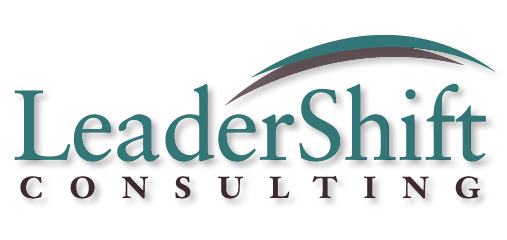How is your ‘rest life?’
“I’m exhausted… like ‘end-of-my-rope’ exhausted. But I feel guilty taking time off.”
My clients, especially women, say this to me a lot. It comes from a deeply embedded cultural value that work is good, and non-work is non-good. If you’re running from dawn to midnight, you must matter. If you’re well-rested, then you must be expendable.
Many of us take better care of our cars than we do of ourselves. We understand that it’s necessary and advisable to get the car checked regularly, because routine maintenance may prevent us from getting stranded at the worst possible time. We know we shouldn’t wait till the car’s broken down to change the oil. We don’t see the car as somehow flawed because it requires regular care. But when it comes to ourselves, this is EXACTLY how we tend to think – that we can only afford to attend to ourselves when we’re completely spent or hair-on-fire stressed out. We tend to view cultivating our ‘rest life’ as something we do only when the outside world has stopped making demands of us. As if.
I firmly believe that personal renewal is foundational to our effectiveness. I know the territory of burnout, and it’s very hard to come back from. I now understand that a rest life – in the form of quiet, solitude, reflection and engaging in the things that feed us – is essential, especially if we want to be effective in our work, family and community lives. Yet everything around us is calling us away from rest, toward overwork and its accompanying stress.
I’ve come to see stress as an addiction, as potentially dangerous as any other. So does Patrick Lencioni, author of an excellent article on executives’ addiction to adrenaline. http://www.leadershipreview.org/2005winter/LencioniArticle.pdf Stress is addictive for several reasons. First, the chemicals that our bodies generate in response to stress produce an emotional and physiological “high.” For better and for worse, stress is kind of a rush. If we go into stress mode more often and for longer times, our adrenal glands pump out those high-inducing hormones around the clock. This makes you restless 24/7, which can make time-outs very uncomfortable. So you keep trucking, even though that’s drawing down your body’s reserves.
Stress is addictive also because our culture values heroics. We get kudos for pulling off that monster proposal, for solving that problem that no one else could solve, for being the first one to arrive at work and the last one to leave. Women have also internalized an expectation that they should ‘do it all’ and ‘have it all.’ But even if we could reach that standard (and that’s debatable), it doesn’t mean we should.
You’re in luck. April is National Stress Awareness Month. It’s a nationally-mandated excuse to become more aware of the stress in your life and its effects on you. With this awareness, you’re equipped to take action toward more balance and resilience. It’s a great excuse to move your ‘rest life’ further up the list of priorities, and watch how that affects the other parts of your life for the better.
Questions to guide your inquiry
On a scale of 1 – 10 (10 being best), how well do you currently attend to your rest life?
What are the pros and cons of attending to your personal care and renewal at that level? How does your current level of care benefit you? What is it costing you?
What rating would you like to be able to give yourself?
What would that make possible for yourself and for others?
What two concrete, doable steps can you take in April to move toward that level of self-care?
